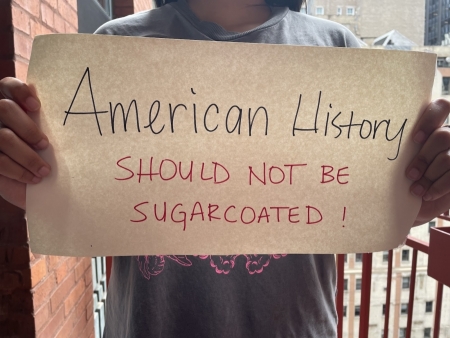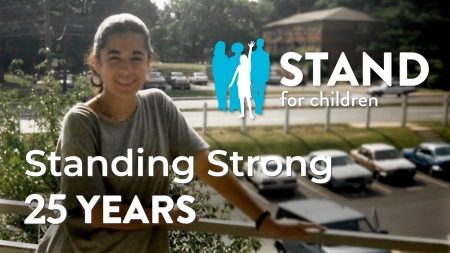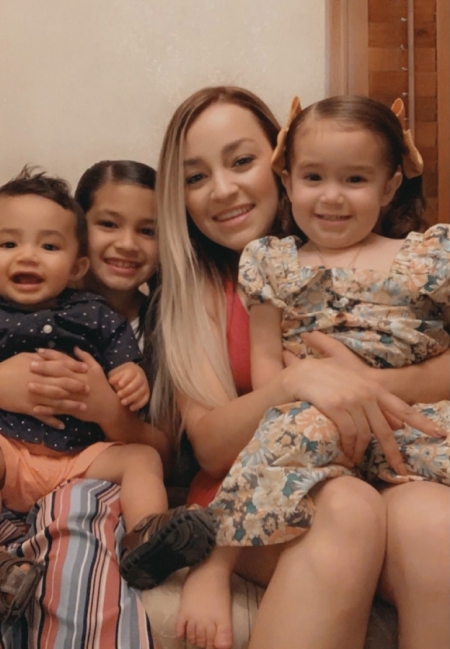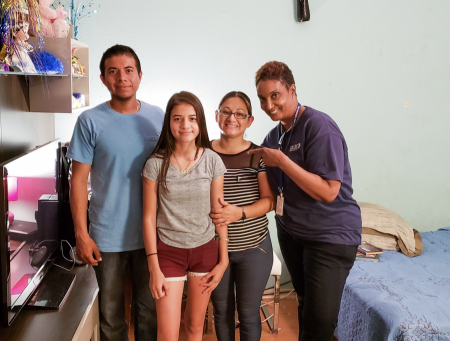I first got involved with Stand for Children Louisiana because my girlfriend and I wanted to educate ourselves to be stronger advocates for our young children in their educational journey. We didn’t realize how much support our family needed until we joined Stand Louisiana.
The support and guidance we received from Stand Louisiana has helped us transition into engaged parents at our children’s school. My involvement with the organization helped me recognize where I could use my voice to bring about the change I want to see in my community.
One of my proudest moments with Stand Louisiana was joining staff and other members for the March 2021 Caravan for Justice. Juvenile justice reform is something I am passionate about because I’ve been affected by the flaws in our judicial system. Attending the Caravan for Justice made me realize I can bring awareness to the issue and work with others to bring about long overdue change.
I am grateful for Stand for Children Louisiana recognizing my family’s commitment to continuing to raise our voices. The direct payment awarded by Capital Area United Way and Stand Louisiana will be used improve the reliability of our household’s technology and connectivity so I can improve my skills in my current field: auto mechanic. Like millions of families around the world, our finances were affected by COVID-19. This gift will help us as we continue to work for better outcomes for our family.
This is one post in a series made possible by a grant from Capital Area United Way. The grant allowed Stand for Children Louisiana to provide direct cash transfers to twelve qualified members to support quality early education and/or continuing adult education.















